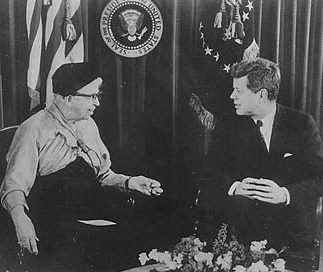A review by guest contributor Ellen Gutowski of Sowing Seeds: The Militarisation of Youth and How to Counter It (Edited by Owen Everett)
Sergeiy Sandler, in his introduction to the War Resisters International book Sowing Seeds: The Militarisation of Youth and How to Counter It, argues that “For a war to be waged, sufficiently many people have to actively wage it and sufficiently many people have to passively accept and condone it.” (p. 7)
This readable book describes the kinds of social forces that prepare young people around the world to accept and participate in armed conflict—e.g., through campaigns that “militarise young minds” (p. 8)
In a total of 32 countries from Africa, the Middle East, Europe, and the Americas, themes observed in military advertising and recruitment include:
- Portraying the military as an agent of humanitarian aid work
- Depicting the military as a safeguard against imminent threat
- Describing the military as a path to adventure
- Promoting the military as an agent for peace
- Partnering the military with schools
- Promising citizenship to immigrants and financial security and success to youth from low-income communities.
To resist such propaganda, Sowing Seeds suggests:
- Sponsoring talks by veterans against war
- Staging international campaigns to discuss resistance to militarization
- Devising school-based educational programs to counter militarization
The map at the beginning of this post shows a great deal of militarization in the U.S. Can you suggest additional ways to shift the balance to conflict reduction and promotion of peace?

